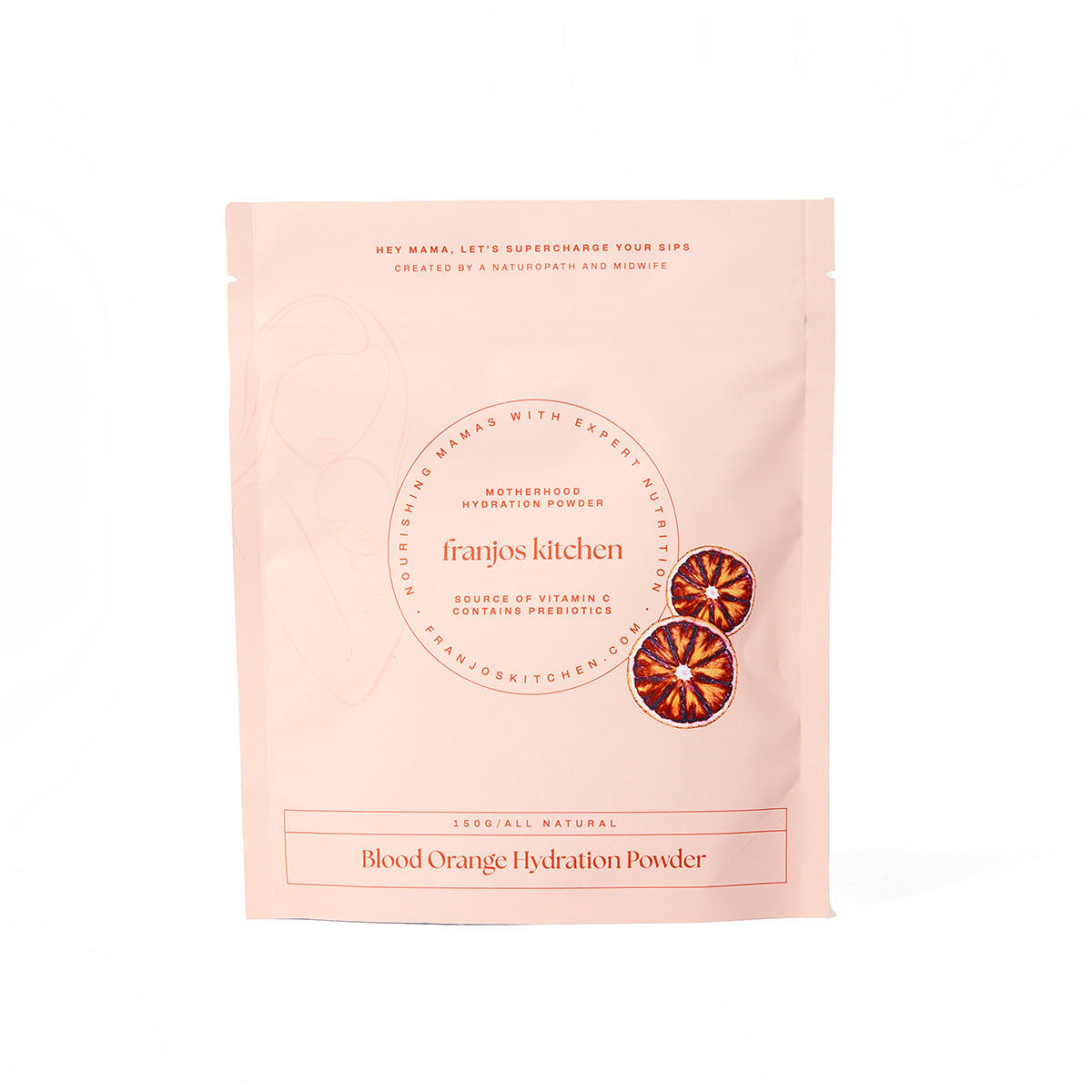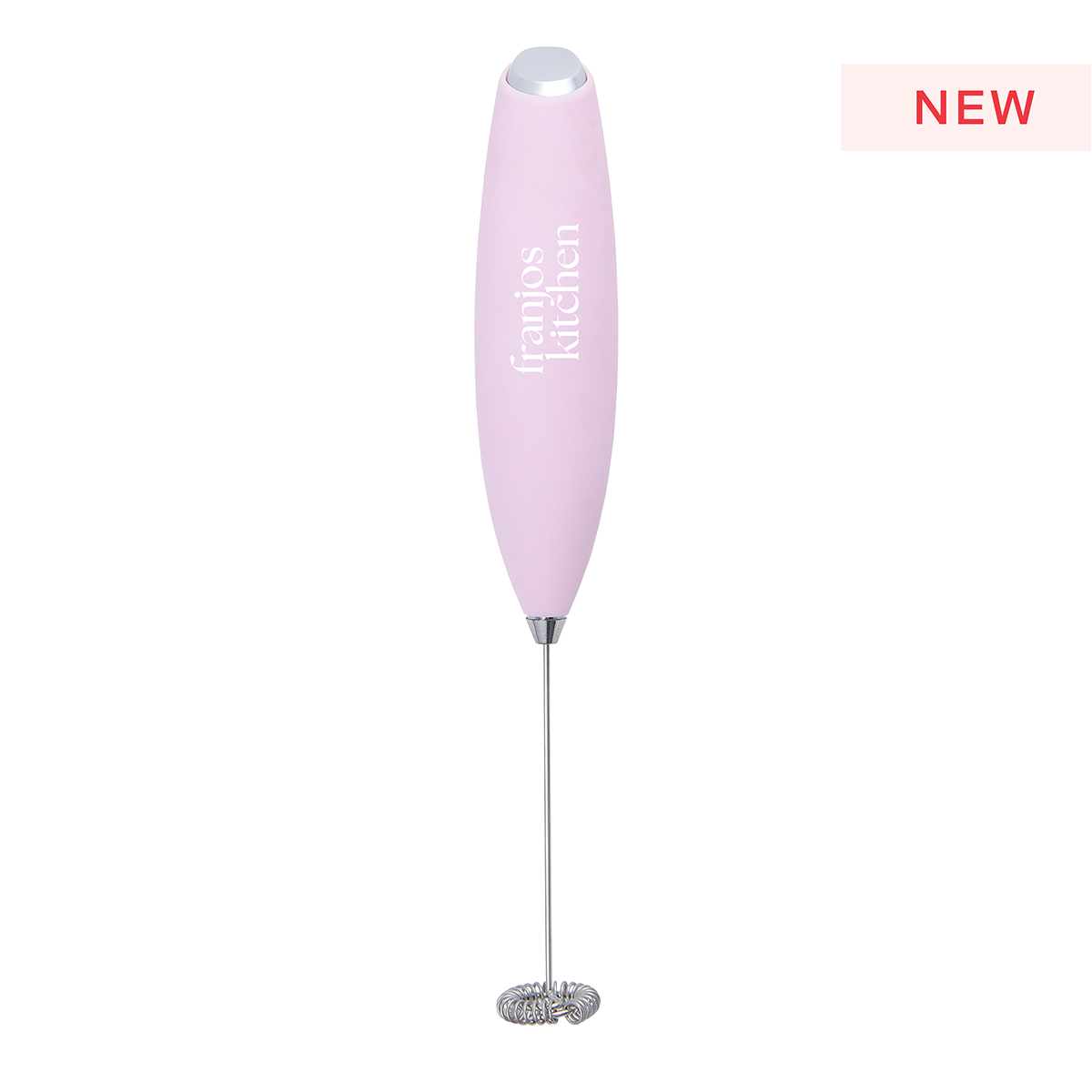Birth Trauma - What is this and how can we reduce the incidence?
Hello Lovely Mamas, I am glad you have found this blog if you feel that you may have experienced birth trauma. I'm Aliza, a midwife and perinatal mental health specialist and I want to chat about this very important topic with you.
1 in 3 women in Australia consider their birth as traumatic - let’s improve this statistic!
The birth of your baby is something you may dream about as a woman and Mama-to-be. You talk about your birth, attend antenatal education and birth classes and create a birth plan. All these things are a fantastic way to prepare for the big day when you meet your beautiful baby!
As a midwife, I know that birth doesn’t always go to plan, and sometimes unexpected events happen outside of your birth plan, and for the safety of you and your baby, interventions can occur. These unexpected events can be distressing, and experienced as traumatic events for you, or your partner.
So, what is birth trauma?
There is no one way to define a traumatic birth, it is a subjective feeling that will be different for you and me, so it is essentially anything that you or partner describe as disturbing or distressing to you as an individual. This includes:
- Physical trauma; perineal tears, bladder prolapse, incontinence and emergency cesarean section,
- Psychological trauma; postnatal depression (PND), post-traumatic stress disorder (PTSD) and obsessive-compulsive disorder (OCD),
- or both physical and psychological trauma.
As birth trauma is different for every mother, there is no one specific cause. There are contributing factors which can mean birth trauma is more likely. These factors include, but not limited to; previous trauma including sexual abuse or partner violence, unrealistic birth expectations or birth not going to plan (confronting emergency situations), limited antenatal education, no continuity of care, loss of control or uninformed consent, painful invasive procedures and minimal support during your birth experience. For example, internal vaginal examinations are invasive and can cause feelings of vulnerability and loss of control for women that have a history of previous sexual abuse, therefore vaginal examinations may contribute to birth trauma and PTSD.
In the aim of avoiding birth trauma, continuity of care is so important so your care provider knows your history and what may trigger birth trauma for you and do their very best to provide individualised care, to you as the Mama, so talk to your care provider and outline specific interventions you want to avoid.
If you do experience any birth trauma, it is very important you seek out support as soon as possible as consequences of a traumatic birth can include difficulty attaching/bonding to your baby, breastfeeding, future pregnancies and births, and negatively impacting the relationship with your partner and family.
Sometimes a traumatic birth is unavoidable and unpredictable, such as a postpartum haemorrhage or a neonatal resuscitation, but there are some ways to reduce the chance of you or your partner experiencing birth trauma:
- Realistic expectations of your birth/ birth plan; being well educated in the antenatal period regarding normal birth and also emergency situations, where your birth plan may need to be flexible for the safety of you and your baby. Chat to your partner about ‘what if’ emergency situations, and what your wishes would be, so you are prepared if any situation arises.
- Continuity of care by a known care provider, whether a midwife or obstetrician. The benefit of continuity of care is you have already built trust with that care provider in the antenatal period, and your midwife or obstetrician is already familiar with your wishes and birth plan, and therefore minimize chance of unwanted intervention and birth trauma.
- Being in control of your birth and providing informed consent. Research states, informed decision-making decreases the likelihood of the woman perceiving her birth as traumatic. Remember Mamas, you can always say no to an intervention/procedure, or ask for more time to make a decision prior to giving consent. You always have the right to refuse or request a different care provider if you don’t feel safe and comfortable with the midwife or obstetrician looking after you and your baby.
- Debriefing with your care provider postnatally is also a great way decrease the chance that you or your partner describe your birth as traumatic or have long-term psychological effects.
Debrief, debrief, debrief
Debriefing is a two-way conversation between you, your partner and midwife or obstetrician, preferably the care provider who was present at your birth. Debriefing is an opportunity to discuss the events of your birth, in particular for you to ask questions, have insight into what happened and why it happened, and for you to be heard and acknowledged. Debriefing will not prevent birth trauma but it will assist you to make sense of your birth experience, fill in any memory gaps and contribute to not carrying distressing emotions into the future that may contribute to psychological trauma.
A debrief should be offered after your birth, whether you describe the birth as traumatic at that time or not, as birth trauma can arise well into the postpartum period. Most hospital guidelines recommend a debrief about your birth before leaving hospital or in the postnatal period. You can request to talk to a social worker instead of your care provider if you would prefer, or debriefing weeks or months after your birth in the community. Some women want to talk about their birth soon after, and other women prefer to debrief weeks after their birth when they feel ready; do whatever is right for you and your mental health Mama!
How do you move forward after a traumatic birth?
- Give yourself time Mama; do not judge or blame yourself or your wonderful body, you have done amazing to grow and birth your baby!
- Support; ask those around you for support whether practical (housework, meals, shopping) or emotional support.
- Make an appointment to see your GP or care provider postnatally if you need to debrief further or feel that you are experiencing psychological birth trauma. Always know you can request a mental health plan, which includes referral to other health professionals such as a psychologist.
- There are also fantastic resources which are easy to access:
- Perinatal Anxiety & Depression Australia (PANDA) have a free hotline with counsellors that specialise in pregnancy and postnatal struggles for women and partners- panda.org.au
- Australasian birth trauma association- birthtrauma.org.au
- Centre of Perinatal Excellence (COPE)- cope.org.au
- Beyond Blue- healthyfamilies.beyondblue.org.au
The most important thing to remember mama, is that you are never alone in your feelings. There is always someone available to reach out to.
Blog article written by midwife Aliza Carr from Bumpnbub.



